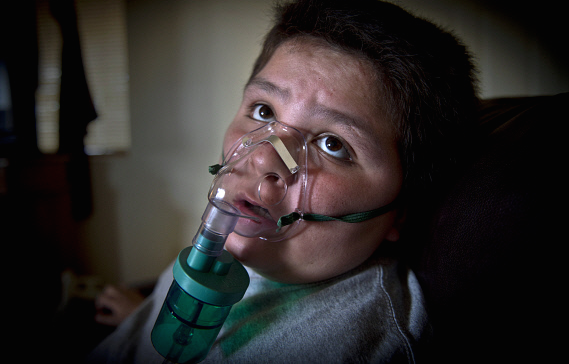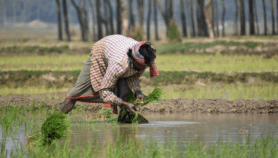By: Purple Romero
Send to a friend
The details you provide on this page will not be used to send unsolicited email, and will not be sold to a 3rd party. See privacy policy.
[MANILA] Despite coal use being rated a major public health hazard in the Philippines, the health costs of coal-fired power plants are not really being factored in its environmental impact assessment (EIA), an energy official admits.
Already more than a third of the country’s energy used to generate electricity comes from burning coal. This is expected to go up as the Department of Energy (DOE) has approved 29 proposals to operate new coal-fired power plants by 2020.
But for some time, health impacts have not been included in assessing the costs of operating coal-fired power plants, according to Jesus Tamang, director of the DOE’s energy policy and planning bureau, at a workshop (7-9 March) conducted by the Health Care Without Harm coalition.
Gerry Arances from the Philippine Movement for Climate Justice says the DOE admission is alarming in the wake of a recent Greenpeace report that exposure to toxic pollutants from coal plants has caused around 960 premature deaths in the Philippines each year — a number that could go up to 2,410 with the operation of more plants.
“Dirty energy is not as cheap as we thought. We are literally paying with our health,” says Arances.
Linda Rudolph, director of climate change and health at the non-profit Public Health Institute, recommends that a health impact assessment (HIA) be undertaken and integrated into the EIA not only to ascertain the health impacts of energy sources like coal but to integrate health considerations into policymaking, project design and implementation.
Health problems are not purely medical concerns, “there are [also] social determinants of health”, Rudolph notes, citing poor access to food, lack of facilities, poverty and environmental pollution.
Suphakit Nuntavorakarn from the Healthy Public Policy Foundation in Thailand adds the HIA is first and foremost a “social process”, enriched by scientific inputs. “Its goal is to influence better health in non-health sectors.”
The HIA can be conducted by the community itself, which can also seek help from civil society groups.
A way must also be found to monetise the health impacts, says Jonathan Buonocore, head of the climate, energy and health programme of the Harvard T.H. Chan School of Public Health. In the United States, the annual health costs of using coal power is huge: between US$175 billion and US$523 billion.
“Who's paying the costs? When you pay your electricity bill, you see the private financial costs, but it has public and social costs in terms of health,” Buonocore says.
This piece was produced by SciDev.Net’s South-East Asia & Pacific desk.














